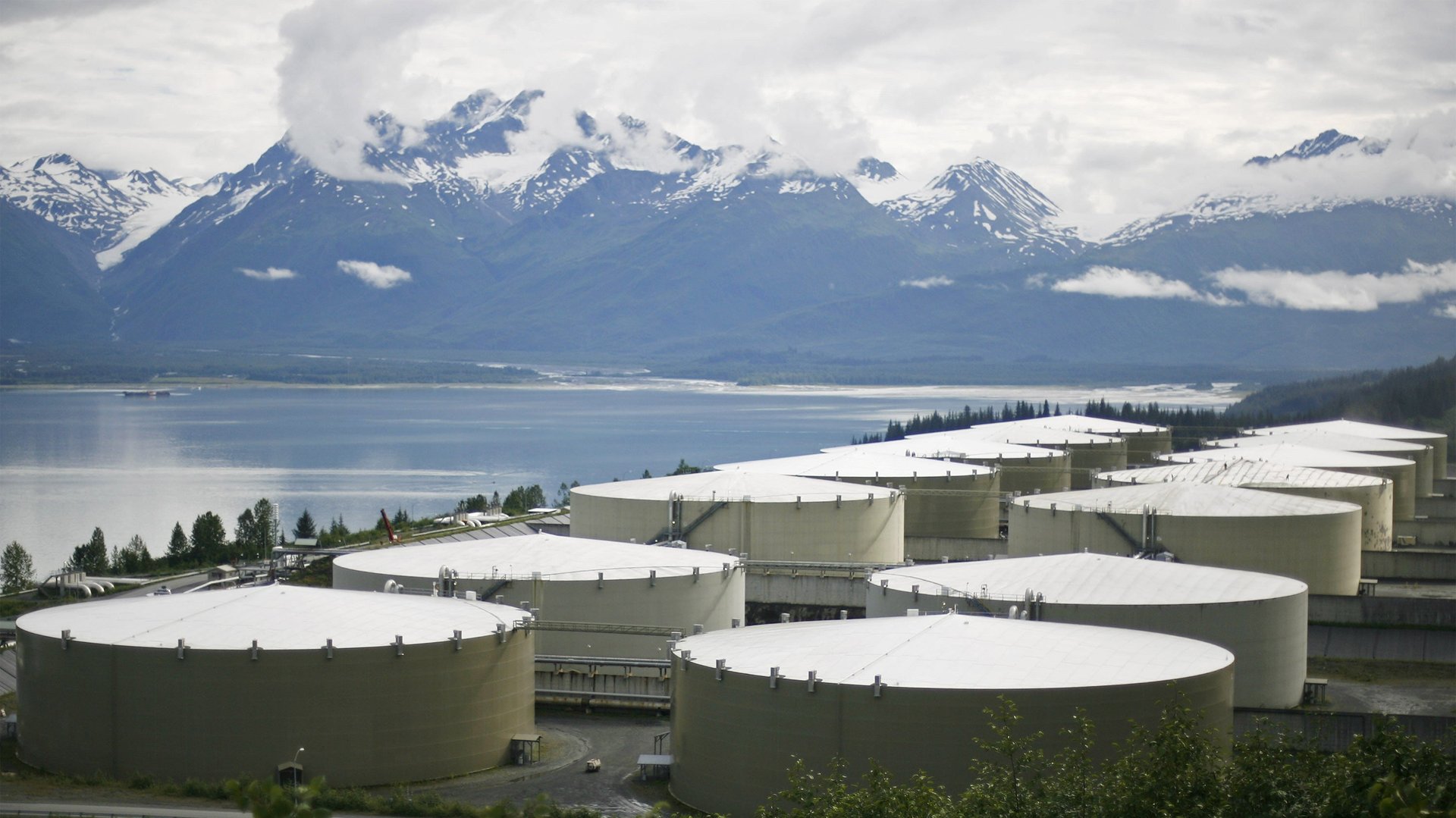Alaska is considering a personal income tax for the first time in 35 years
The governor of Alaska, Bill Walker, has called to bring back the personal income tax more than three decades after it was repealed. The measure, which is already drawing criticism from Republicans and Democrats alike, is part of Walker’s new plan to balance the budget in the face of falling oil prices.


The governor of Alaska, Bill Walker, has called to bring back the personal income tax more than three decades after it was repealed. The measure, which is already drawing criticism from Republicans and Democrats alike, is part of Walker’s new plan to balance the budget in the face of falling oil prices.
If Walker’s plan ever passes the state’s legislature, the number of states in the US that don’t levy a tax on individuals’ income will fall to eight out of 50:
- Florida
- Nevada
- New Hampshire
- South Dakota
- Tennessee
- Texas
- Washington
- Wyoming
Along with the new tax, Walker also proposed cutting the amount in the Permanent Fund’s dividend checks—the annual oil royalty checks given to every Alaskan—by half. This year, Alaskans received a Permanent Fund dividend of $2,072—the state’s largest yet.
It’s easy to see why the plans may be unpopular to citizens, but Walker—who lost the gubernatorial race in 2010 as a Republican, but won in 2014 as an independent—has maintained that these are the best ways to close the budget gap. In 2013, for example, oil and gas revenue represented 92% of the state’s unrestricted revenue, the Alaska Oil and Gas Association reported.
Walker’s proposal to reinstate the personal income tax 35 years after the oil boom caused it to be abolished demonstrates how the fall of oil prices and crude production have affected the state’s economy. As it stands, Alaska faces a $3.5-billion shortfall in the next fiscal year, the Wall Street Journal reports (paywall).